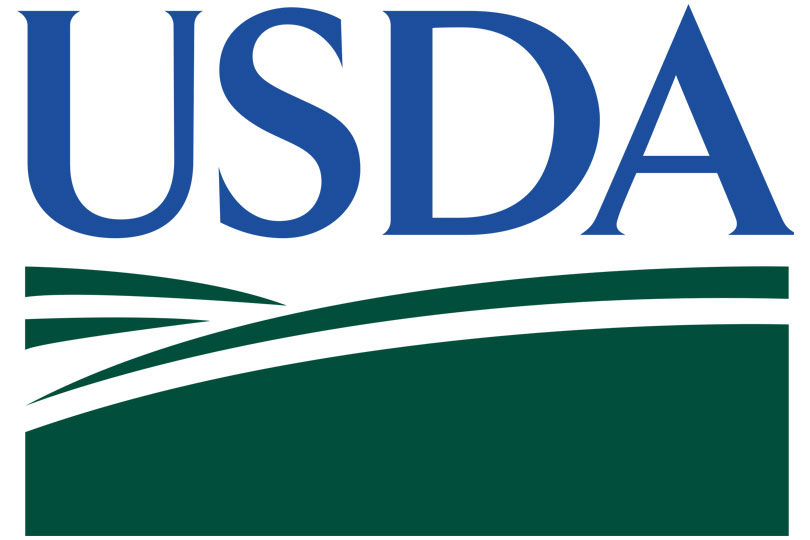By Justin Walker
Communications Specialist
The U.S. Department of Agriculture’s (USDA) Office of Partnerships & Public Engagement (OPPE) is allocating millions to the training and development of socially disadvantaged and veteran farmers and ranchers.
OPPE announced up to $8.4 million in available funds through the USDA’s Outreach and Assistance for Socially Disadvantaged Farmers and Ranchers and Veteran Farmers and Ranchers Program, also known as the 2501 Program.
“The USDA is committed to reaching all farmers and ranchers,” OPPE Director Diane Cullo said. “Through the 2501 program, the USDA is building lasting relationships among these farmers and ranchers, the local organizations that serve them and the USDA’s local, state, regional and national offices.”
Originally authorized by the Food, Agriculture, Conservation, and Trade Act of 1990, 2501 grants strive to improve the involvement of socially disadvantaged and veteran farmers through USDA resources and programs. These include the Farm Service Agency loans or grants, which are available through the Beginning Farmer and Rancher Development Program.
Applicants eligible for the funding include community-based organizations, networks or coalitions of community-based organizations, 1890 or 1994 institutions of higher education or other higher education institutions, including Hispanic-serving and American Indian tribal institutions. Entries must have experience supporting socially disadvantaged and veteran farmers and ranchers through agricultural education or other agricultural-related services.
Applications are due May 15.
Interested parties can learn more through two teleconferences on March 28 at 1 p.m. CST and April 25 at 1 p.m. CST. You can join the sessions by calling 1-888-455-1685 and using the passcode 7087935.
Previous funding recipients include Gleaning Network of Texas, who offered training and technical assistance to North Texas farmers and ranchers; Prairie View A&M University, who used the funds to raise awareness of programs for socially disadvantaged and veteran farmers and ranchers in the Lone Star State; and Texas A&M AgriLife Extension Service, who provided learning opportunities to young farmers and veterans in the Lower Rio Grande Valley region.
See the request for applications for full details.

